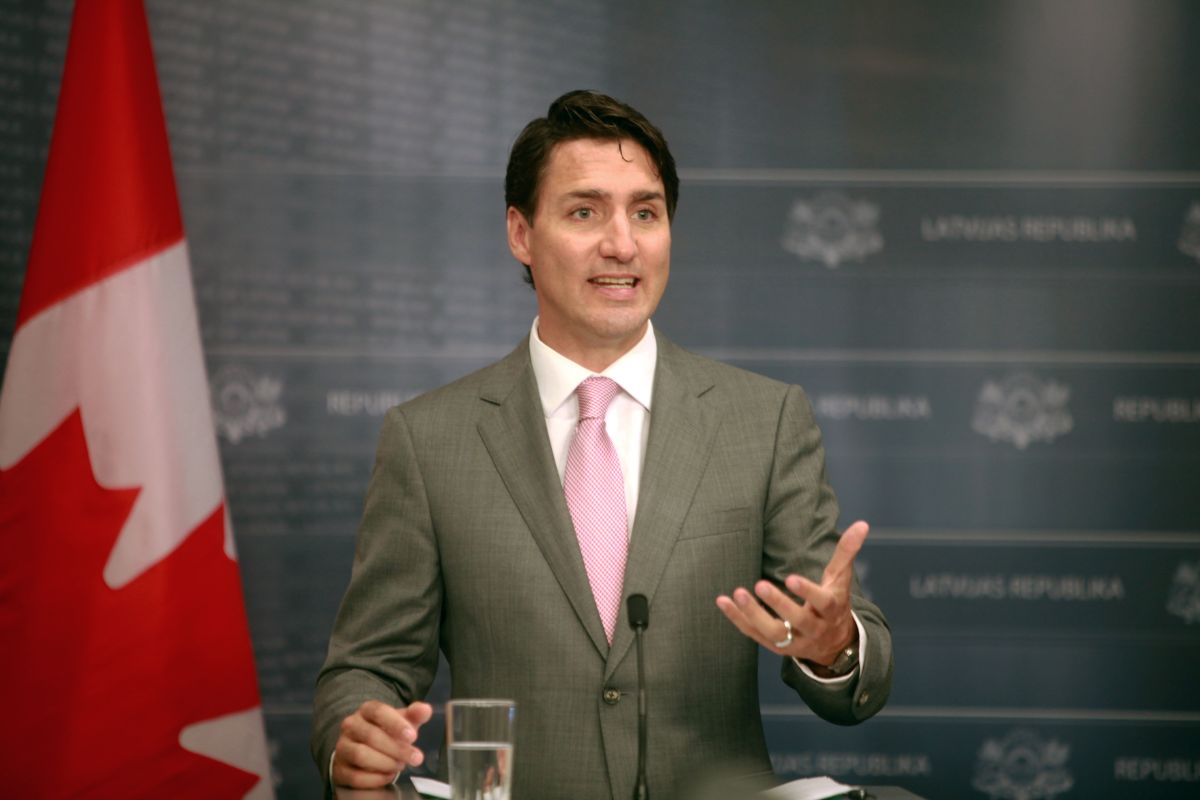Canada is poised to draw a fine distinction between a win and a triumph, if seemingly synonymous. The Liberal leader and Prime Minister Justin Trudeau’s wafer-thin margin signifies a win that is less than a victory.
Though the Conservatives have been defeated, the outcome is bound to prompt closer reflection in the days and weeks ahead.
Hence the decidedly cynical reaction in Canada on Tuesday that the Prime Minister has done himself more damage in this contest than his opponent.
A minority government will thus be put in place in Ottawa and the inherent fragility must be an unnerving thought at the threshold. Four years ago, when Mr Trudeau took over as Prime Minister, he had promised his country what he called “sunny ways”. The cloud over the polity is now suitably dark.
Remarkable has been the psephological swing. The anti-incumbency factor has been pronounced.
The Liberals have lost the popular vote but will remain in the saddle, helming a minority government, just ahead of their Conservative rivals. In 2015, Mr Trudeau had appointed a gender-balanced and racially diverse cabinet. In contrast to his Conservative predecessor who pulled the country out of the Kyoto protocol, he pledged decisive climate action. He even welcomed tens of thousands of refugees as others shut their doors. There is little doubt that the economy has boomed. In a sense, his record looked better than Donald Trump’s.
More accurately, Mr Trudeau has been on a downhill road since 2018, incidentally the year he visited India.
Indeed, it was the government’s purchase of a pipeline that had alienated those who had welcomed his carbon tax scheme.
This was followed by the SNC-Lavalin scandal. Canada’s ethics watchdog had ruled that Mr Trudeau violated laws by urging his attorney general ~ the first indigenous person in the role ~ to halt the prosecution of an engineering company in a conflict of interest case.
The Prime Minister refused to apologise, however. As adversity piled on adversity, it was hard to dispel the dominant impression that Canada was under a tainted head of government. Thus was his record on race and Indigenous issues open to question.
Mr Trudeau’s ray of hope in the election was that he was pitted against an uninspiring Opposition under a socially conservative leader, Andrew Scheer, who is said to have struggled to formulate his position on abortion and same-sex marriage. Mr Scheer’s vow to scrap the carbon tax ensured Conservative support in the western oil-producing regions, but alienated voters in Ontario who have kept the Liberals in power. Many of the seats that the Liberals lost were wrested by Bloc Québécois, and not by the Conservatives.
Overall, the silver lining must be that the Liberals in power will represent a counterbalance to a rightwing surge across the Atlantic. Canada needs a government that will take action against a possible climate catastrophe. Not that the country has been a stranger to minority governments whose achievements include universal healthcare.










